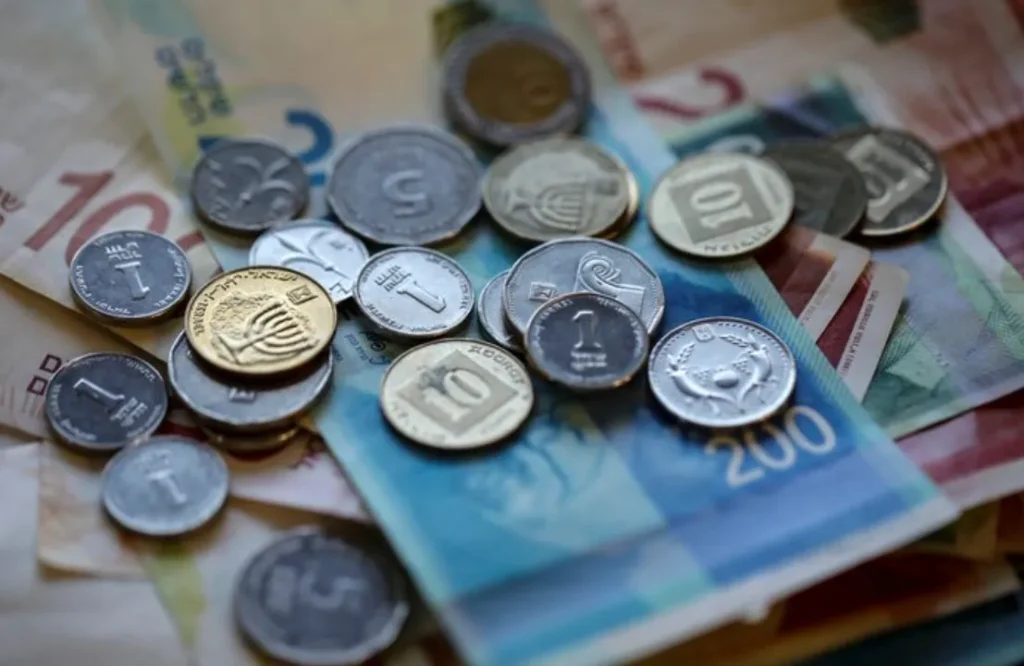The cost of insuring Israel’s debt against default rose on Thursday, and its bond prices and stock indexes slid, as regional security concerns spiked and the country’s own government wobbled.
Israel’s five-year credit default swaps rose nine basis points (bps) from Wednesday’s close, to reach 107 bps, according to S&P Global Market Intelligence, while its international dollar bonds slid more than 1 cent, Reuters reported.
The 100-year issuance, which matures in 2120, shed more than 1.3 cents before retracing some of the loss to be bid at 67 cents on the dollar, Tradeweb data showed.
“A possibility of a more pronounced geopolitical deterioration may take its toll on the local economy and the fiscal deficit, and also make it more challenging for Bank of Israel to lower its rates later this year,” said Ronen Menachem, chief markets economist with Mizrahi Tefahot Bank.
The United States has restricted government employees’ travel outside certain Israeli cities, and pulled some personnel out of the Middle East, due to escalating tensions with Iran.
Benjamin Netanyahu more time resolve its worst political crisis yet and avoid a ballot that polls suggest he would lose.Israel’s parliament rejected early on Thursday a preliminary vote to dissolve itself, giving the ruling coalition led by Prime Minister
Israel’s stocks also slid, with the blue-chip and the broader indexes down roughly 2%. The shekel currency fell just less than 1% versus the US dollar, to 3.56, but remained up 2% year to date.
Still, Menachem noted that local indexes are near all-time highs, and assets have rebounded from other recent security related declines.
Markets broadly moved into risk-off mode, with oil prices spiking and fixed income instruments in other emerging markets coming under downward pressure.



